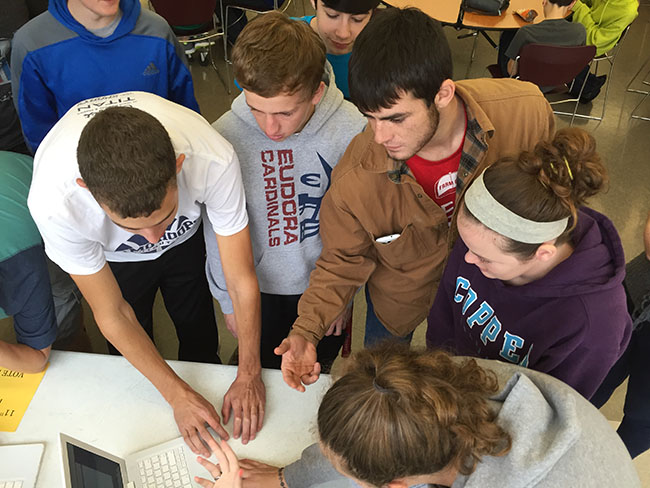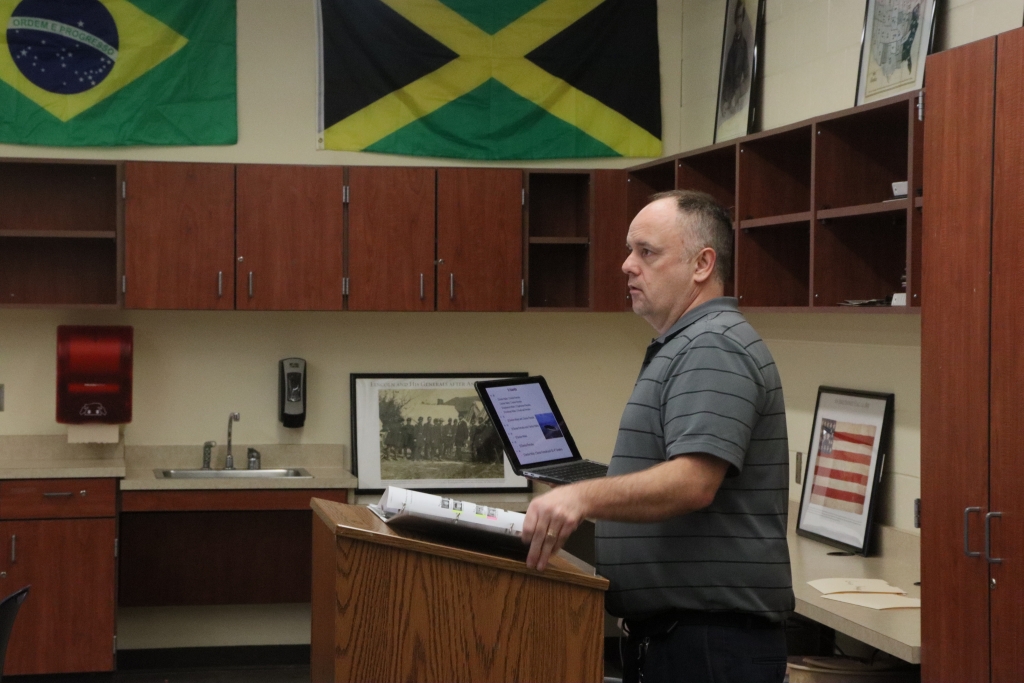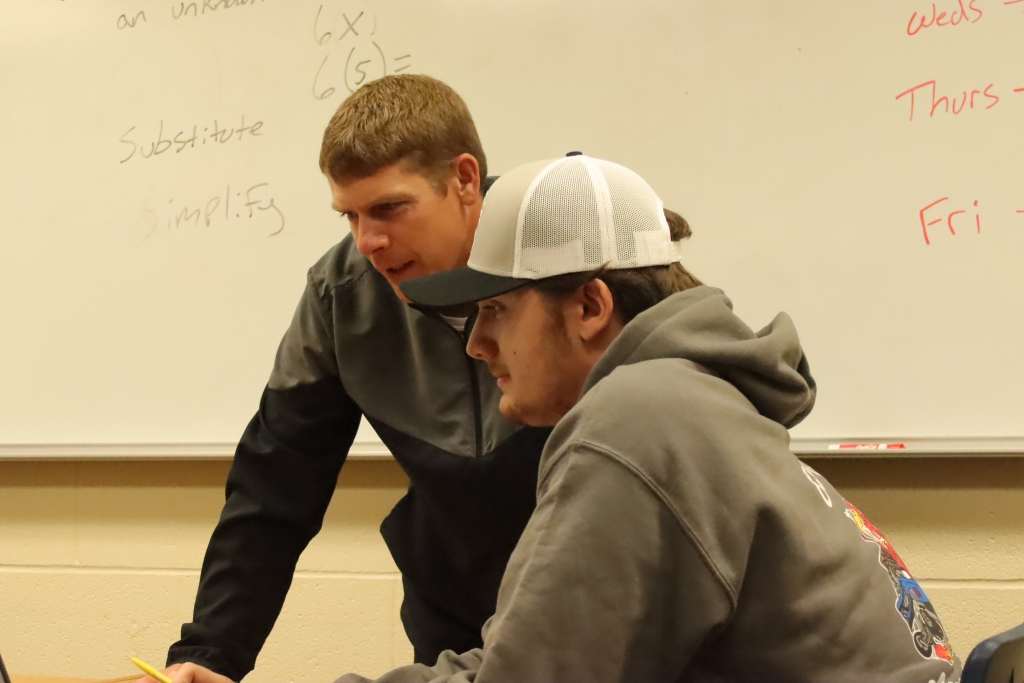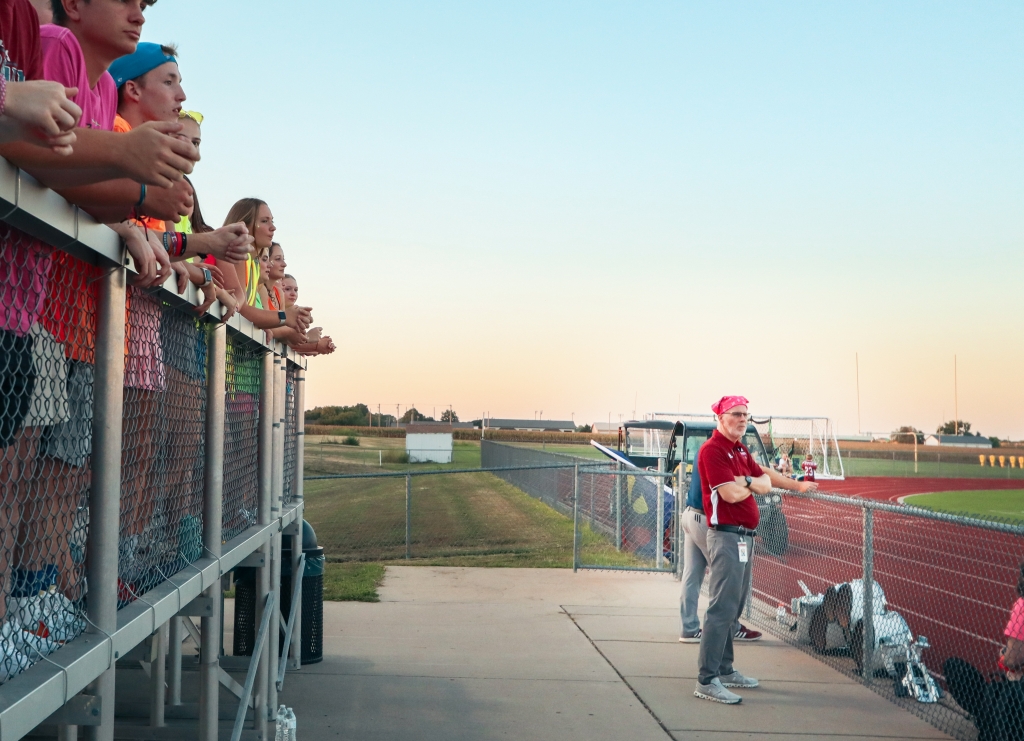Voter ID Restricts Voting
November 4th marked a landmark day for American politics, and Eudora High School got involved by offering an optional ‘Mock Election’ for all of the students. During lunch, students could vote for for any candidates that were on the traditional ballot being casted by the rest of the population of Eudora. All voters needed to have a voter ID, which included either a school ID or a drivers license. With a relatively low turnout of voters (24%, or 115 voters), The Cardinal investigated why EHS’s turnout is less than the 2014 national average of 36.3%. (Yahoo News)
Voter ID is a recent law sweeping many central and southern US states. The law requires that in order to cast a ballot, a state issued identification card must be presented at the voting booth, and when registering for your ticket. Republicans claim that this is a measure of defeating the ongoing battle with voter fraud. Democrats claim that the law discriminates minority groups from voting– voters who often lean Democratic.
This midterm election, the United States saw it’s lowest voter turnout rate in 72 years. This election also happened to have the most states ever that have implemented the controversial voter ID law. The problem would not be as severe if this was the only year that saw this change, but what the United States is seeing is that as Voter ID laws are being passed throughout the nation, less and less votes are being casted across the spectrum.
People are not voting, and they do not feel inclined to. Out of the numerous polls that The Cardinal conducted in EHS, the numbers were nearly synonymous. 3 out of 4 people did not vote in the mock election because they did not have their ID. This translated almost directly to EHS’s 24% turnout. Compared to EHS before they imposed their voter ID law, there was a 76% decrease in votes casted because of this law.
Robyn Kelso, Government Studies teacher, was one of the three EHS teachers behind the new law.
She simply said, “We wanted to be sure that this election was as real as possible, and since Kansas has it [voter ID], then we also needed to.”
Kelso as well as the other teachers knew that the new rule would affect voter turnout, but they were astonished when the numbers came back in.
“I was disappointed when the numbers came back, I thought EHS would rock this election,” she expressed.
The impact of the popular Voter ID law both in EHS and in many states will dramatically decrease the turnout of voters. It is every citizen’s right, guaranteed by the constitution, to be able to cast a vote, but the new laws clearly restrict that.
For election results, view ‘The Results Are In. EHS Picks Their Favorite Candidates.’







